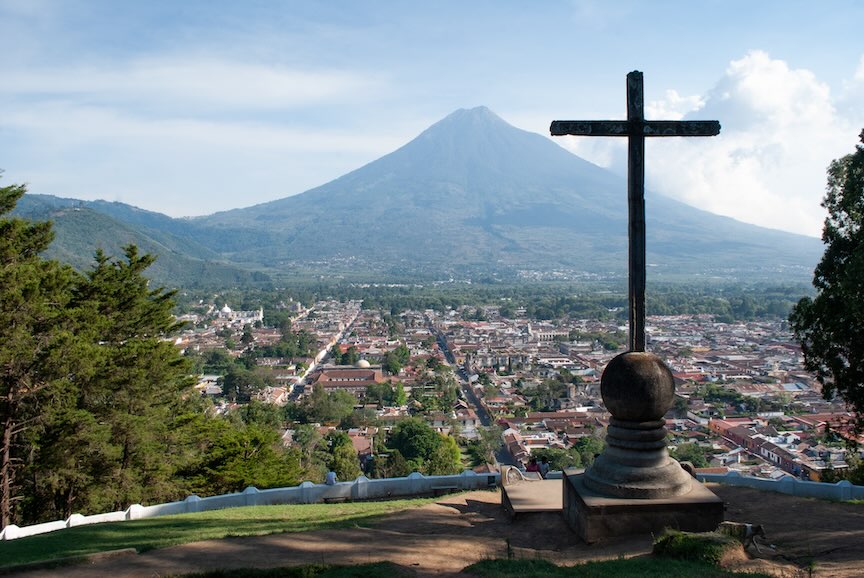1954 -US Backs Coups in Guatemala

Nicaragua Legislatrue
The Guatemalan Government of Jacobo Arbenz Guzman was overthrown by military forces led by Col Carlos Castillo Armas. Armas received direct support from the United States Central Intelligence Agency. The Guzman government supported a Communist-authored land reform bill that expropriated most of the land holdings of United Fruit Company. The Guatemalan action led to a U.S. arms embargo. The Guatemalans then purchased arms from Czechoslovakia thereby providing the excuse for the coup.
The overthrow of the Guatemalan government of Jacobo Árbenz Guzmán in 1954 is a significant event in both Guatemalan and American history, often cited as a classic example of Cold War-era interventionism by the United States.
Jacobo Árbenz was elected President of Guatemala in 1950, succeeding Juan José Arévalo. Árbenz's government was characterized by progressive social and economic reforms aimed at modernizing Guatemala. One of his key policies was agrarian reform, encapsulated in Decree 900, which aimed to redistribute land to the landless peasantry. This reform expropriated unused lands of large estates, including those owned by foreign corporations like the United Fruit Company (UFC), a U.S.-based company with substantial land holdings in Guatemala.
The United Fruit Company was one of the largest employers and landowners in Guatemala, controlling vast tracts of arable land and having significant influence over the country's infrastructure and economy. The land reform law directly threatened UFC's interests, as it led to the expropriation of much of their land, for which they were compensated based on the undervalued amounts they declared for tax purposes.
During the Cold War, the United States was highly sensitive to any perceived spread of communism in its hemisphere. The U.S. viewed Árbenz's reforms, especially land redistribution and his government's acceptance of communist support, as a sign of communist expansion in Latin America. In response, the Central Intelligence Agency (CIA) orchestrated Operation PBSUCCESS, a covert operation to overthrow Árbenz. The operation included psychological warfare, economic pressure, and the training and arming of a rebel force.
Col. Carlos Castillo Armas, a Guatemalan military officer, was chosen to lead the coup. He received extensive support from the CIA, including training in Honduras and logistical support. On June 18, 1954, Castillo Armas's forces invaded Guatemala. The coup was preceded by intense psychological operations, including propaganda broadcasts and leaflets aimed at demoralizing Árbenz’s supporters. The invasion force, although small, was supported by air raids and psychological operations that created the impression of a larger force. Faced with this pressure and fearing greater bloodshed, Árbenz resigned on June 27, 1954.
Carlos Castillo Armas assumed power and rolled back many of the progressive reforms implemented by Árbenz. Land previously distributed to peasants was returned to former owners, including the United Fruit Company. Castillo Armas established a military dictatorship and launched severe repression against suspected communists and opposition groups.
The coup d'état had lasting impacts on Guatemala, leading to decades of political instability and civil war. It also set a precedent for U.S. intervention in Latin America, influencing future U.S. foreign policy in the region. The intervention is often cited as an example of the U.S. prioritizing corporate and ideological interests over the sovereignty and democratic processes of other nations. This event is a pivotal moment in Guatemalan history, symbolizing the struggle between national sovereignty and foreign intervention, and it highlights the Cold War dynamics that shaped much of the geopolitical landscape of the mid-20th century.
 >
>